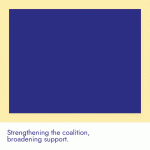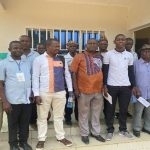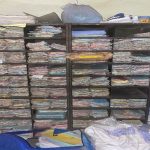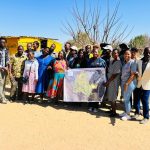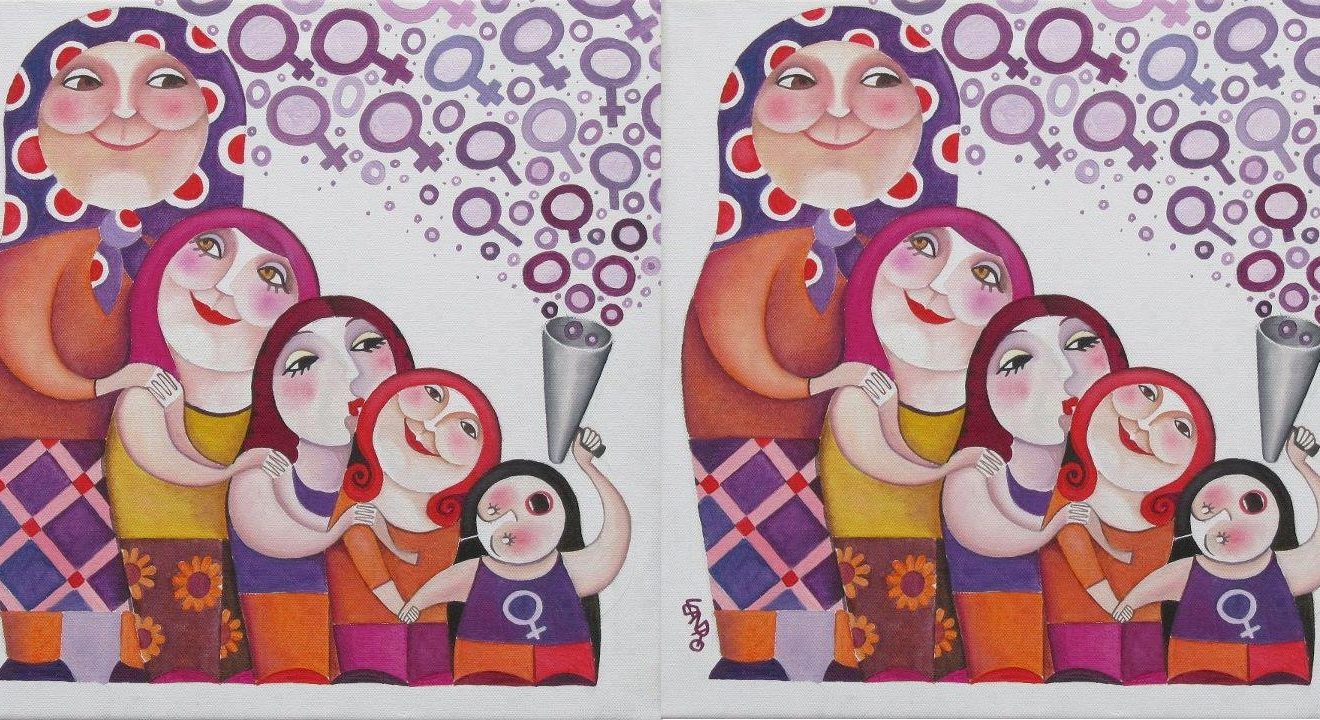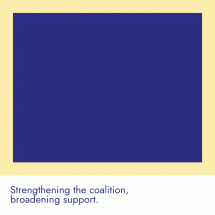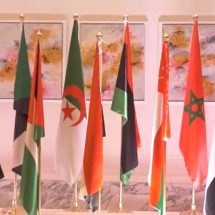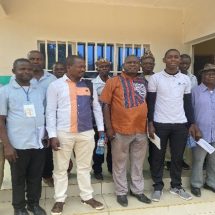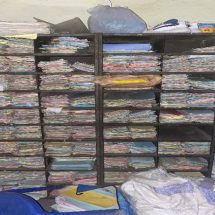 Originally published on SDG Funders on 22/06/2018.
Originally published on SDG Funders on 22/06/2018.
By Patricia Chaves – Executive Director and Founder of Espaço Feminista, a Brazilian feminist NGO dedicated to the economic and political empowerment of women.
Women represent the majority of Brazil’s population (51.6% in 2017). However, only 12% of the landowners are women and just 5.5% own agricultural land in Brazil (IBGE, Agricultural Census, 2006). This gender disparity is just part of the immense problem women face in terms of land rights in Brazil. A major issue is the persistent gap between what is in the law and what happens in practice.
Many researchers have noted how secure land rights are important for poverty reduction. While there is data on how tenure security is related to livelihoods and poverty at the household level, there is not enough gender-disaggregated data to measure how women’s land rights affect socioeconomic indicators. Given significant gender disparity in land ownership, it is even more crucial to benchmark current and future gains in women’s land rights, and how this might drastically improve social and economic outcomes. Espaço Feminista, along with its partners across Brazil and around the world, have been working to provide solid evidence for this while empowering women to advocate for land rights and joining social movements for greater impact.
For five years between 2010 and 2015, Espaço Feminista ensured gender equality in the land regularization of an area called Ponte do Maduro. Since land regularization had been promised many times but never accomplished, women fought a hard-won battle to guarantee its final completion. It ensured the right of 9,000 families to remain in a central and well serviced area of the city. For Espaço Feminista, it was an extraordinary learning process that affirms the aphorism that the most vulnerable are those who suffer the most from inequality. We also learned first hand how poverty was the consequence of deep-rooted inequality. Moreover, we learnt the importance of investing in women’s capacity to understand gender inequality as a motivation to change the status quo and to empower themselves to take action.
Ponte do Maduro was a major accomplishment at another more significant level; it represented a seismic shift in power relations within the community because for the first time, grassroots women advocates received public recognition.
Finally, all the work developed by Espaço Feminista during those years to link urban to rural grassroots around women’s land rights affirms and validates basic components of the organization’s core mission — the importance of land and tenure security to women’s livelihoods and empowerment.
A bottom-up approach to monitor the SDGs from the local to the global
In 2015, Espaço Feminista anticipated an opportunity to apply the methodology developed during the Ponte do Maduro land regularization process to monitor land-related Sustainable Development Goals (SDGs) through a local and grassroots women’s perspective.
In other words, the SDGs represented a tremendous opportunity to consolidate Espaço Feminista’s methodology — particularly in influencing gender equitable public policies through empowering women. Experience has shown the importance of work with urban and rural women’s groups from different municipalities, linking the two allow comparing empirical results and connecting various women’s movements and local groups.
In 2017, Espaço Feminista selected 4 municipalities from the area of Agreste Central a political division of Pernambuco to collect data relating to the proposed SDG indicators 1.4.1, 1.4.2, 2.3.1, 5a.1, 5a.2 and 11.4.1. Initially working with secondary data available from National Statistics Office database, which confirmed overall information in general terms, such as the percentage of women who own land and the percentage of the population living in precarious houses. However, some findings turned out to be quite unexpected, which led to a quest to deepen our knowledge about specific land issues related to the diversity of women’s realities. The process of collecting and analyzing data, conducting surveys and research while highlighting the inequality that women face in their everyday lives, represents a key element of Espaço Feminista’s methodology — knowledge building.
In the quest to build knowledge, Espaço Feminista collected primary data for indicators 1.4.2 and 5.a.1. Instead of using external data collectors, local women leaders from those 4 municipalities were supported to collect the data themselves. On the one hand, Espaço Feminista ensured that the data would be of highest quality by engaging doctoral researchers and academics. On the other hand, we prepared local women leaders to collect the data and included them during the design of the questionnaires. During the analysis phase, local women leaders understand aspects of their own socio-economic conditions, which they would otherwise not recognize.
This most recent survey in Pernambuco represents Espaço Feminista’s unique approach to closing the gap between objective data and local knowledge – two types of knowledge production that have previously been regarded as un-bridgeable. Information is power and no empowerment will happen if we do not invest in women’s capacity to produce, analyze, and use knowledge to their benefit, claim their rights, advocate and monitor gender-equitable policies, and most importantly, being part of the solution to seemingly intractable development problems.
There are yet more elements to Espaço Feminista’s inclusive and participatory process. In addition to obtaining valuable primary data, knowledge sharing between professionals, academics, researchers, women activists and grassroots women during the survey was an ever-surprising process of insights and discovery.
Gigliola, one of the surveyors from Bonito, said about the primary research process: “As we asked the questions to the women, we also asked to ourselves. Problems such as the lack of documentation of the land or the house were never realized as an important issue to ourselves. The survey served as a warning about many issues to all of us.”
In addition to collecting data elements under the SDG indicators, there were opportunities to explore and analyze nuances and diversity in the realities of women’s relationship with land. The culmination of this information forms the baseline in which women’s groups will monitor progress on specific public policies. More than ever, the process increased our understanding of the gap between what is in the law and what is the reality for women, resulting in women’s increased capacity to call attention to the discrepancies and inequity in their advocacy with politicians, decision makers, and government agencies.
For example, in Bonito, the findings point to a significant number of people who have built their houses on land given by local governments or city councilors, but without any documentation of that concession. Around 20,000 families have been living in that peculiarly insecure situation. In order to remedy the problem, Bonito residents needed to understand their vulnerability and prioritize which policies to monitor. Armed with the necessary information, the local groups are working to obtain support from different institutions and professionals. They are in the process of working alongside their local and estate governments to come up with solutions. In short, the 2017 survey is already serving as a baseline to monitor land regularization of those areas over the next year as part of the bottom-up monitoring process.
That is just one of many examples of how Espaço Feminista and the local groups are using data collected to forge multi-stakeholders platforms to restore and protect women’s land rights, recognizing that although public policies have enshrined women’s equal rights to land, significant gender gap exists and remained hidden from available statistics.
A facilitative approach that drives real change in women’s land ownership using data and movement building
Another example of the ever-growing need to support women rights holders comes from Caruaru. DoCarmo is a woman recently honored by the local government for her work. She has spent the last 6 years fighting for the right of women to decent housing as well as their right to build their own houses. Through her efforts, the group obtained land in the center of Caruaru and also the necessary financing to build a social housing state for 135 families.
Government involvement is an additional key element for the change model. This includes local, estate, and national governments, but also representatives from other agencies as well as the judiciary and legislative branches. After investing in women’s capacity to understand their situation and producing evidence on specific issues, Espaço Feminista invites governments and other stakeholders to discuss the findings. In this dialogue process, women represent on their own behalf, presenting the evidence and their claims, and invite governments to collaboratively develop solutions. The evidence presented would also serve as a baseline to monitor future progress.
The dialogue and monitoring process does not necessarily mean government and politicians would reliably make the timely and appropriate changes. In the case of Ponte do Maduro land regularization; the process reminded us the fragility of relying on government entities. The winds of change occur quite often — not just due to elections, but also due to political necessities to accommodate a special interest group or a political party. During the five-year period of working in Ponte do Maduro, there were four different agency presidents (Cehab) responsible for the regularization and two different secretaries.[1] Furthermore, when heads of an agency changed, the rest of the staff changed as well. Fortunately, as a well-organized group of women leaders, activists, and grassroots women, the group reminded relevant officials of the commitments and various tactics were used to ensure the continuity of the process. If it were not for the tenaciousness of the women’s groups, land regularization would not have been completed in Ponte do Maduro.
In short, grassroots women are the protagonists, not the recipients of so-called toolkits developed by experts to simply apply in the communities. Espaço Feminista utilizes a facilitative model that is process-oriented, allowing local women’s groups to define their own priorities and act upon them.
A recent example of this occurred during group discussions on security of land during the 2017 survey. After collectively analyzing differences in the percentage of women who have access to land through inheritance and those through direct acquisition, and crossing that with data on the perception of land security despite the lack of registered document. The result was compared with the number of years the women lived on that land. All the while, the findings retain the distinction between urban and rural areas in Caruaru and Bonito municipalities.
The cumulative result of the analysis from women’s groups — particularly focusing on the causes and consequences of land acquisition for women – was fully documented along with gender disaggregated primary and secondary data. These findings were presented to governments in order to demonstrate the consequences of poor policy implementation and its unintended impact on women’s livelihoods. They also serve as a baseline to measure progress over the next years by the organized groups of local women, supported by Espaço Feminista’s team, partners and supporters, in a multi-stakeholders platform. The monitoring plan that have been formulated for Bonito and Caruaru serves to measure progress on the implementation of specific policies and related to the indicators that were prioritized by the grassroots women. Furthermore, it will also measure the impact of Espaço Feminista’s initiative in the short and middle term and the validation of the change model in the long term.
From local to global – up scaling the model and informing the global community about key issues on the SDGs monitoring effort
Up scaling of this grassroots women participatory land rights baseline data and monitoring initiative is already taking place outside of Pernambuco. From a movement building perspective, Espaço Feminista is focused on understanding how women are organized and improving their organizational skills in Brazil.
In recent decades, grassroots women have been organizing in large and national movements and networks, and joining various social movements. Some women’s movements and networks are very specific in nature and diverse in operational formats. One example is the Rural Women’s Workers Movement (MMTR/NE), which operates in the Northeastern region of Brazil. Another example is the quilombolas movement or the national coordination of indigenous communities (better translated as National Indigenous Women’s Organization). They are national movements linked to regional and international networks. Espaço Feminista is working with these women’s movements at a local level, but also incorporating national leaders of these movements in the discussion and their actions in advocating for women’s land rights.
Needless to say, the women’s land rights initiative has not been confined to a small community or a local initiative. The scale is reaching national and regional women’s movements and land networks. Current discussions and plans to upscale involve women’s networks as well as local government alliances and networks such as the Confederação Nacional de Municipios (CNM).
Reaching international scale, Espaço Feminista’s Bonito Dialogue in January 2017 hosted representatives from Ecuador, Nicaragua and Argentina, who in turn represent national women’s networks. The initiative and the model developed by Espaço Feminista in Pernambuco are already being incompletely implemented in other Latin American and Caribbean countries. Espaço Feminista is preparing to lead replication of the model in at least two other countries and in different contexts, starting in Ecuador in 2018. The first step involves consolidating the project and obtaining additional financial support. The next step is analyzing specific country contexts, with the most important preconditions being the existence of local and national women’s groups that are prepared to adopt the methodology.
Reflections on ways forward
The importance of working together with partners from local to global levels has been crucial in making Espaço Feminista’s woman’s land rights data initiative possible. Participation in global platforms and conferences has also been critical in informing international advocates of land rights about what has been happening at the local level. The true meaning of inter-connectedness is realized in practice by being a member of global networks such as Huairou Commission (in the past), the Global Land Tools Network, the International Land Coalition – ILC, but also collaborate with INGOs such as Land Alliance and Landesa.
Finally, there is still a need for a global platform to advocate for a bottom-up monitoring process that takes into account all the good practices being developed by local and national women’s groups in many countries that can effectively reduce gender inequality and consequently reduce poverty. It is crucial to combine efforts to create measurable and comparable indicators that link local and global processes and ensure continuous learning from each other. There have been many lessons learnt that could be shared and the voices of local women leaders who lived through challenging conditions as well as triumphs need to be amplified so they may make significant contributions towards a shared global agenda and effort.
Strengthening women’s organizations is the most sustainable way to influence public policies implementation. This is Espaço Feminista’s most valuable impact. Demonstrating that women can improve their livelihood and change their own lives allow everyone to see that closing the gender gap ultimately benefits the whole society and many future generations.
We cannot afford to arrive 2030 with fantastic data measuring and monitoring system without action on the ground, where real change needs to occur and make the goals and targets achievable. Together, we can make the SDGs not just another global agenda on paper, but a reality.

